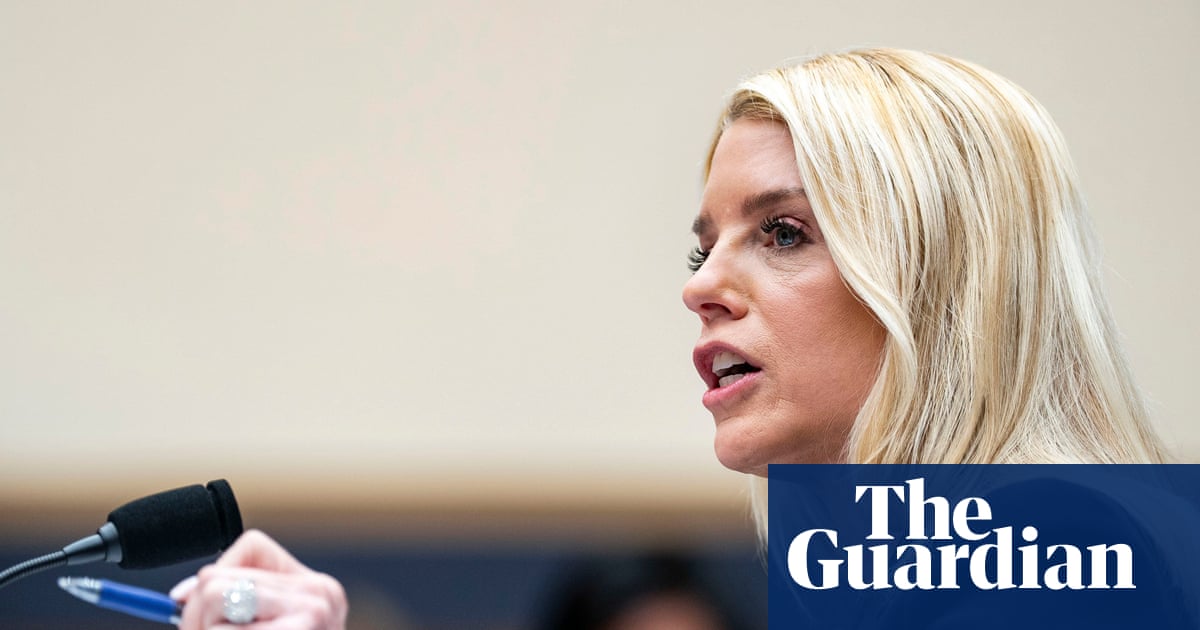
World leaders have gathered in Geneva for the Global Climate Summit 2023, a pivotal event aimed at addressing the escalating environmental crises facing the planet. The summit, which commenced on November 1, brings together representatives from over 150 countries, including heads of state, environmental experts, and activists, to forge a unified approach to combating climate change.
The urgency of the summit is underscored by a series of alarming reports indicating that global temperatures are rising at an unprecedented rate. Experts warn that without immediate and concerted action, the world could face irreversible damage to ecosystems, increased frequency of natural disasters, and severe socio-economic disruptions.
Key Objectives of the Summit
The primary focus of the Global Climate Summit 2023 is to establish binding agreements on carbon emissions reduction, promote sustainable energy solutions, and enhance international cooperation on climate adaptation and mitigation strategies.
According to the United Nations Framework Convention on Climate Change (UNFCCC), the summit aims to build on the commitments made in the Paris Agreement of 2015, which set a target to limit global warming to well below 2 degrees Celsius above pre-industrial levels.
Carbon Emissions Reduction
One of the central topics of discussion is the reduction of carbon emissions, which are a major contributor to global warming. Countries are expected to present updated Nationally Determined Contributions (NDCs) that outline their plans to cut emissions and transition to renewable energy sources.
“We are at a critical juncture. The actions we take today will determine the future of our planet,” said Antonio Guterres, Secretary-General of the United Nations, emphasizing the need for bold commitments.
Sustainable Energy Solutions
Another significant agenda item is the promotion of sustainable energy solutions. The summit seeks to accelerate the adoption of clean energy technologies, such as solar, wind, and hydroelectric power, to reduce reliance on fossil fuels.
Several countries have already announced ambitious plans to increase their renewable energy capacity. For instance, Germany aims to achieve 80% renewable energy by 2030, while India has set a target of 450 gigawatts of renewable energy capacity by 2030.
Challenges and Criticisms
Despite the optimism surrounding the summit, there are significant challenges and criticisms. Developing nations have expressed concerns about the financial and technological support needed to implement climate initiatives. They argue that wealthier countries, responsible for the majority of historical emissions, should bear a larger share of the burden.
Moreover, some environmental groups have criticized the summit for lacking concrete enforcement mechanisms. They argue that without stringent accountability measures, countries may fail to meet their commitments, rendering the agreements ineffective.
“Promises without action are just words. We need to hold governments accountable,” stated Greta Thunberg, a prominent climate activist, during a press conference.
Looking Ahead: The Path to a Sustainable Future
The Global Climate Summit 2023 represents a critical opportunity for the international community to come together and take decisive action against climate change. As the summit progresses, the world will be watching closely to see if leaders can overcome their differences and commit to a sustainable future.
Moving forward, the implementation of the agreements reached at the summit will be crucial. Countries will need to translate their commitments into tangible policies and actions, supported by robust monitoring and reporting mechanisms.
The outcomes of the summit will likely shape the global climate agenda for years to come. As nations strive to meet their climate goals, the collaboration and innovation fostered at this summit could pave the way for a more resilient and sustainable world.






